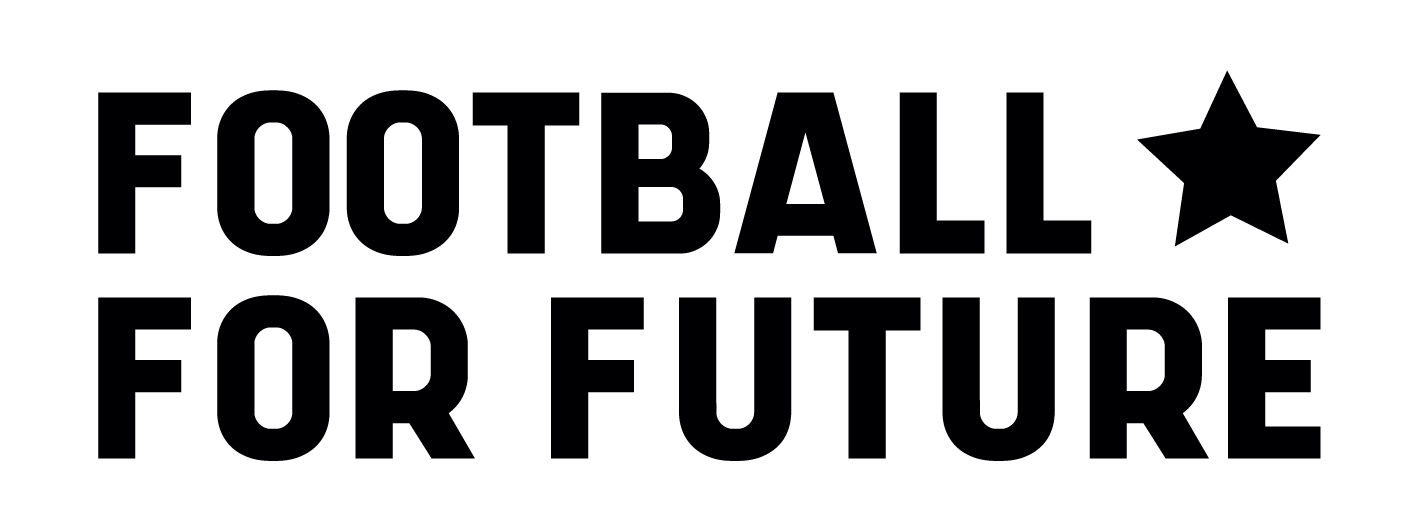Climate Champion Jessie Fleming donates the social carbon cost of her travel this season to Community Regenerative Farming Initiative
The social carbon cost from Jessie Fleming’s season, following her move from Chelsea to Portland Thorns, will be donated to Zero Foodprint. Jessie becomes the first player to use Football For Future and Common Goal’s new Carbon Transfer Compass (CTC) to compensate for her carbon emissions.
Climate champion Jessie Fleming has pledged to compensate for travel for both club and country across the entire 2023/24 football season by directly supporting Zero Foodprint, a community regenerative farming initiative. The initiative supports environmentally aware farmers and ranchers to build healthy soil and put carbon back into the ground.
Jessie is the first player to use Football For Future and Common Goal’s new Carbon Transfer Compass (CTC), a methodology which allows football players, individuals and organisations to take responsibility for the environmental cost of their emissions by donating to climate initiatives to build a more environmentally sustainable culture in football.
Jessie has been a leading voice on climate change within women’s football, engaging her teammates and clubs on the topic. She was a figurehead of the biggest player-led climate action in history at the FIFA Women’s World Cup last summer and lobbied her previous club, Chelsea, to become more environmentally sustainable. As part of this she took part in a workshop with the club foundation in the build up to Green Football Weekend 2024. She will be visiting the Zero Foodprint project to see firsthand the impact of the initiative and tell the story to her fans.
“There are plenty of avenues to combat climate change. Even small steps can tangibly improve how our food is produced and thus reduce the impact of climate change. It’s so important that we find new ways to support the environment. Having the ability to use my transfer to improve food production is a step in the right direction. It shows the positive impact football can have to support the world it operates in.”
The compensation model relies on a rigorous and scientific methodology to calculate the environmental impact of Fleming’s flight, using the US Government’s social cost of carbon - which stood at $51 per tonne by June 2023 - to calculate the size of her donation.
The Carbon Transfer Compass is distinct from traditional offsetting because it doesn’t participate in carbon markets, and doesn’t involve the purchase or sale of carbon credits.
While understanding that donating to climate resilience, carbon offsetting and adaptation initiatives are not the solutions to solve the climate crisis, the Carbon Transfer Compass recognises that these are short-term tools to compensate for football players, individuals and organisations emissions.
The Carbon Transfer Compass aims to inspire everyone in football to take responsibility in tackling climate change. A key policy objective of the methodology is to highlight football’s current dependence on flights and encourage football organisations to introduce carbon considerations into their travel policies. It also cautions against purchasing carbon credits and participating in carbon markets as viable solutions.
“There’s currently no sustainable solution for the environmental cost of air travel. Football organisations need to acknowledge the impact that their flights (both domestic and international) have on the natural world and introduce carbon considerations into their travel policies. The Carbon Transfer Compass takes us one step closer to football supporting the environment it operates in. Having players like Jessie on board proves the importance of providing a methodology which effectively addresses the high amount of travel-related carbon emissions in the game. Players want to engage with the pressing issues of today and use their platform to impact the world.”
The methodology had previously been trialled during the biggest player-led climate action in history at the FIFA Women’s World Cup last summer.
Jessie was part of the 47 players, from Canada, Denmark, Italy, and Sweden who donated the ‘carbon cost’ of their flights to and from Australia and New Zealand to a combination of climate resilience, carbon compensation, and adaptation initiatives run by WWF and DanChurchAid.
Earlier this year, ROOF, a sports agency managing football’s talents, also decided to use this approach to take responsibility for the environmental impact of all their flights in 2023, supporting climate resilience projects run by WWF in Germany, the UK and Spain - three countries where they have a branch.
The Carbon Transfer Compass also followed in the footsteps of William Troost-Ekong, the Watford and Nigeria defender, and Ben Mee, the Brentford defender, who were two of the first players to compensate for the carbon emitted by their transfers.
“Players have an important role to play” stated Football For Future’s Champions Manager Rory Rebbeck. “It’s always fantastic to see Jessie stepping up and providing a perfect example of a climate-conscious professional.”
“What we saw from our work during the Women’s World Cup was how important it was for players to have the tools to create meaningful change. We had to push the narrative beyond carbon offsetting and broaden our scope to deliver impact. We’re proud to work with athletes like Jessie so they have a platform to support sustainability-driven organisations, raise awareness and leverage the power of football towards adaptation and resilience.”
Players, individuals and organisations keen to use the Carbon Transfer Compass can contact Football For Future or Common Goal for more information. We can provide support using the Carbon Transfer Compass, calculating the size of the donation, identifying the right climate initiative for you, conducting relevant due diligence, and launching the work.
For more information, or to take part in the Carbon Transfer Compass, please contact
Barney Weston, Co-Director of Football For Future
Email: barney@footballforfuture.org
Jérémy Houssin, Environmental Lead at Common Goal
Email: jeremy@common-goal.org

